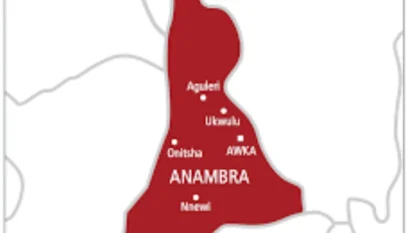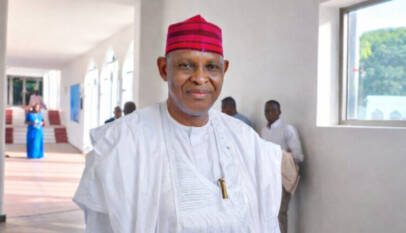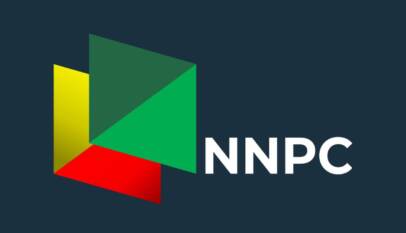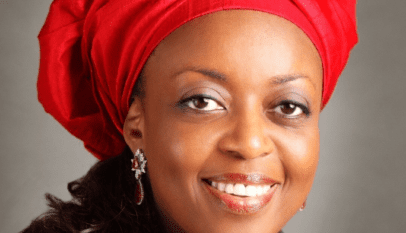
National Grid: A tower of collapses
Nigeria’s national grid suffered yet another collapse on November 5, plunging large parts of the country back into darkness. This marks the 12th time in 2024 that the grid has failed, further exacerbating the strain on businesses and households nationwide. With this latest failure, millions of Nigerians are left to grapple with a familiar yet deeply frustrating situation, as the country’s ageing power infrastructure continues to crumble under pressure.
Following the collapse, several Distribution Companies (DISCOs) issued public notices to inform customers about the grid failure and ongoing efforts to restore power. Ikeja, Jos, and Abuja DISCOs, in particular, assured consumers they were working closely with key stakeholders to bring the system back online.
Yet, these statements offer little comfort to Nigerians, who are weary of repeated breakdowns and promises of restoration that never seem to address the underlying issues.
Each grid collapse imposes a heavy cost on Nigerians. Businesses, particularly small and medium-sized enterprises, face halted operations and steep expenses for alternative power sources, primarily fuel generators. Households are also hard hit, with daily routines disrupted, perishable goods spoiled, and essential services often interrupted due to the instability in power supply.
This latest incident on November 5 underscores the entrenched issues within Nigeria’s power sector. Persistent financial constraints are a primary driver behind the grid’s repeated failures. Underpayment to generation companies and government subsidies that remain unpaid have led to significant operational challenges. With generation companies strapped for cash, maintenance and upgrades are delayed, creating a vicious cycle that prevents sustainable improvements.
The grid itself is outdated, with transmission and distribution networks struggling to handle the nation’s growing demand. Nigeria’s infrastructure was designed for a much smaller population and demand load, meaning it’s consistently operating near or beyond capacity, making breakdowns inevitable. While DISCOs like Ikeja, Jos, and Abuja collaborate with stakeholders to restore supply, a lack of coordination and clear accountability among stakeholders remains a significant hurdle. The involvement of numerous entities, from generation companies to regulatory agencies, often results in delays and mismanagement when responding to and preventing collapses.
With this latest collapse, 2024 officially records the highest number of grid failures since 2019, further underlining the need for urgent reform. As the situation worsens, many Nigerians are left questioning whether the government can effectively address the crisis. Each collapse erodes public confidence in the power sector, pushing more people and businesses to seek costly and polluting alternatives, such as diesel and gasoline generators.
For Nigeria’s economy, this instability is a major blow. Investors are hesitant to enter markets where power is inconsistent, and businesses already operating within Nigeria are forced to bear high operational costs. This has a ripple effect on the broader economy, stifling productivity, increasing prices, and eroding purchasing power.
Experts have been vocal about potential solutions that could stabilize Nigeria’s power supply and prevent future collapses. The government needs to address subsidy payments and ensure that generation companies receive fair compensation. Without financial stability, these companies will continue to struggle with maintenance and upgrades. Renewables like solar and wind have enormous potential in Nigeria and can supplement the national grid. Investment in decentralized solutions, including mini-grids, can also improve access and reduce the burden on the main grid. Replacing and upgrading outdated infrastructure is also crucial, both in terms of expanding transmission capacity and implementing technology that can better manage demand and prevent overloads.
With 12 collapses so far in 2024, Nigeria’s power crisis has reached a breaking point, leaving millions of Nigerians in uncertainty about when or if reliable electricity will become a reality. As Ikeja, Jos, and Abuja DISCOs work alongside stakeholders to restore supply following the latest collapse, it’s clear that piecemeal solutions are no longer sufficient.
Nigeria stands at a critical juncture, where sustainable power is not only a need but a fundamental right for its people. Reforms must be swift and substantive to prevent further collapses, ensuring that future generations do not continue to suffer the impacts of an unstable national grid. For now, however, Nigeria remains in the dark, waiting for a light at the end of a long tunnel.






























